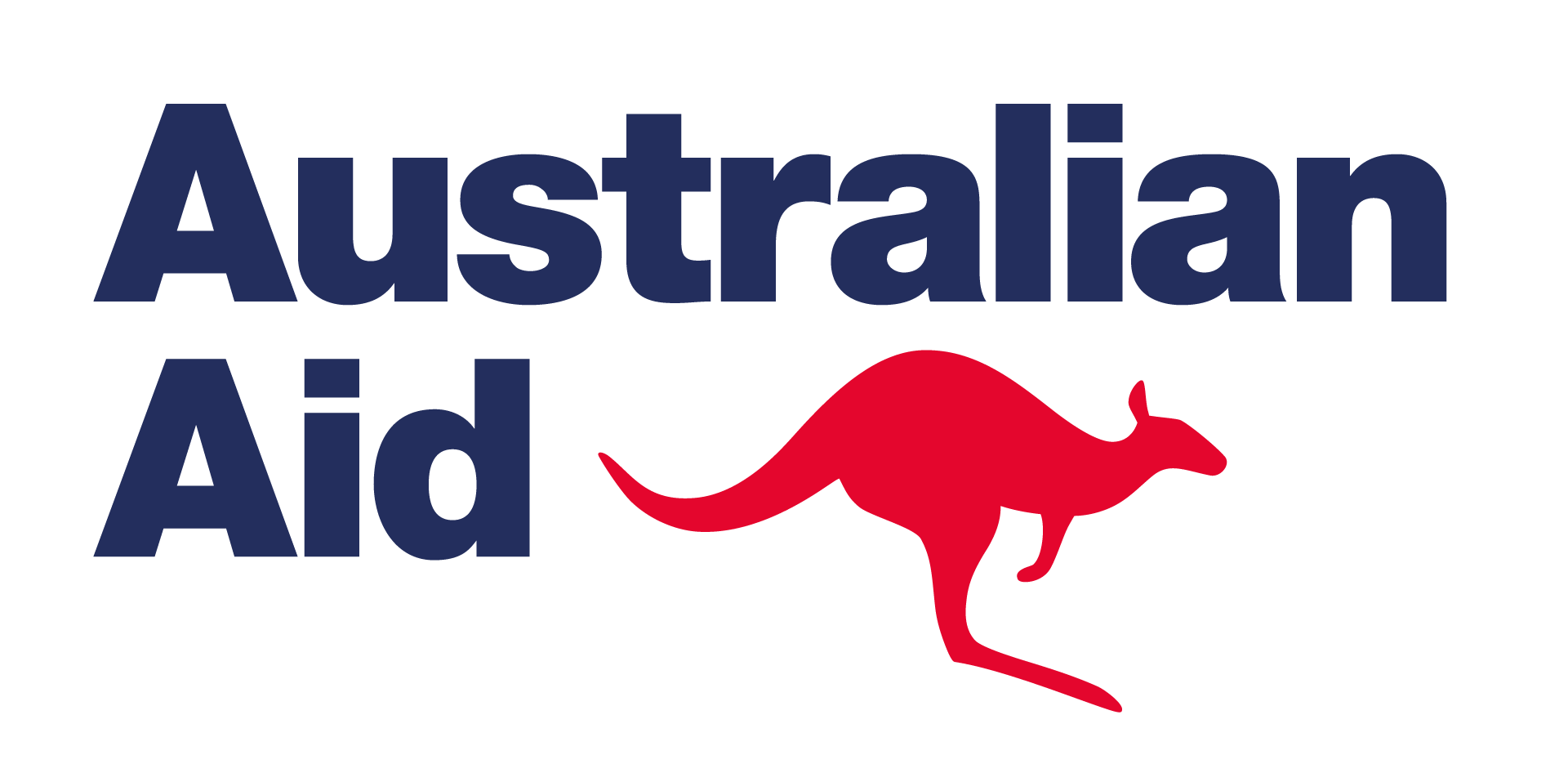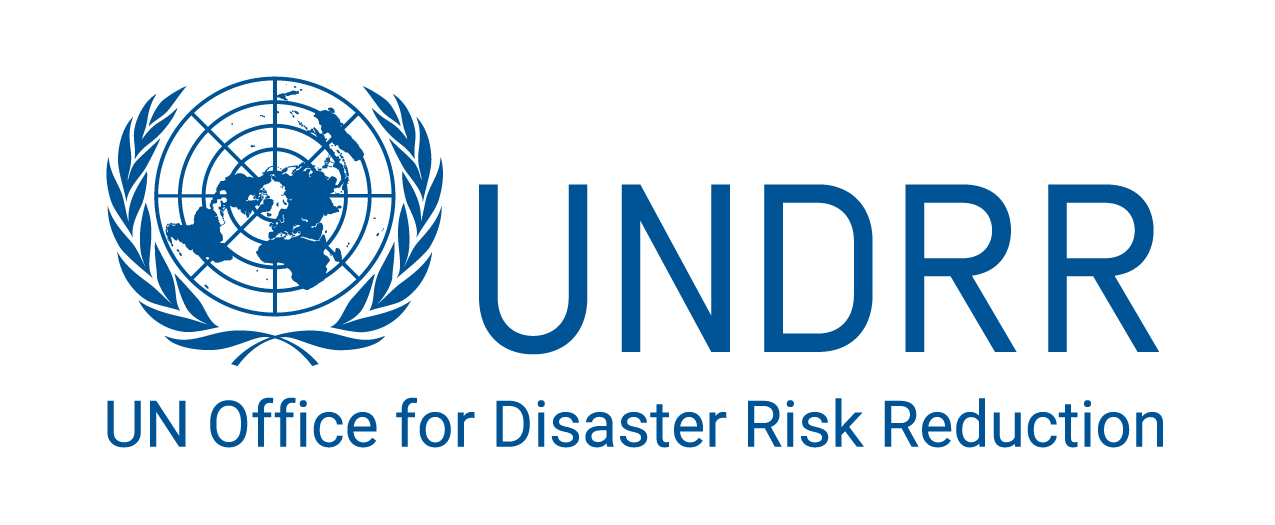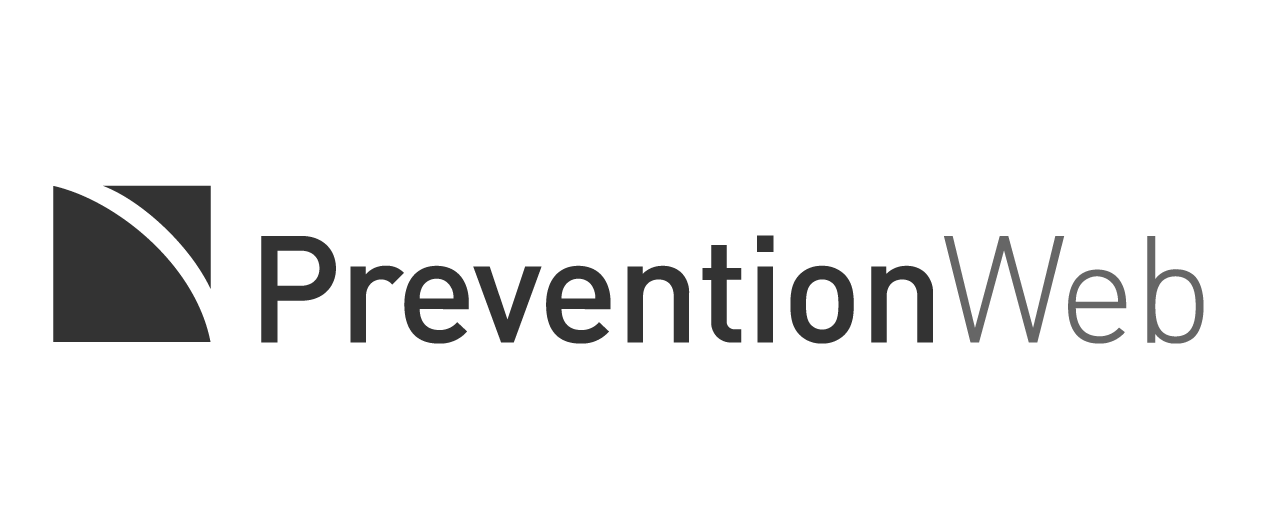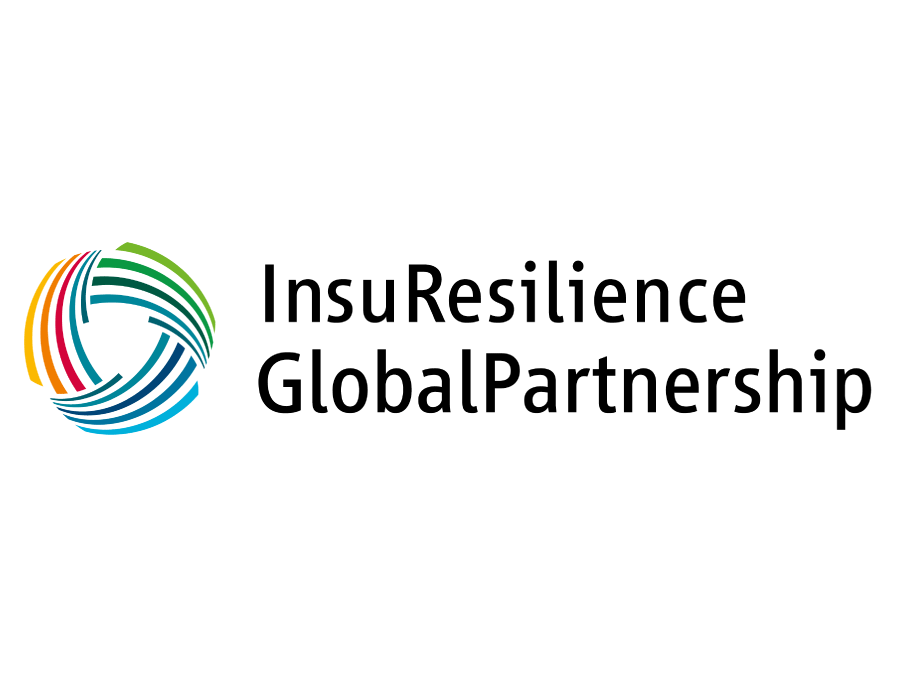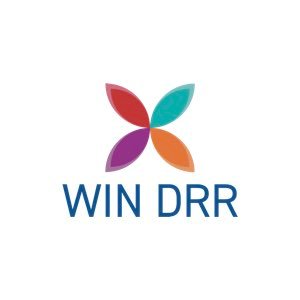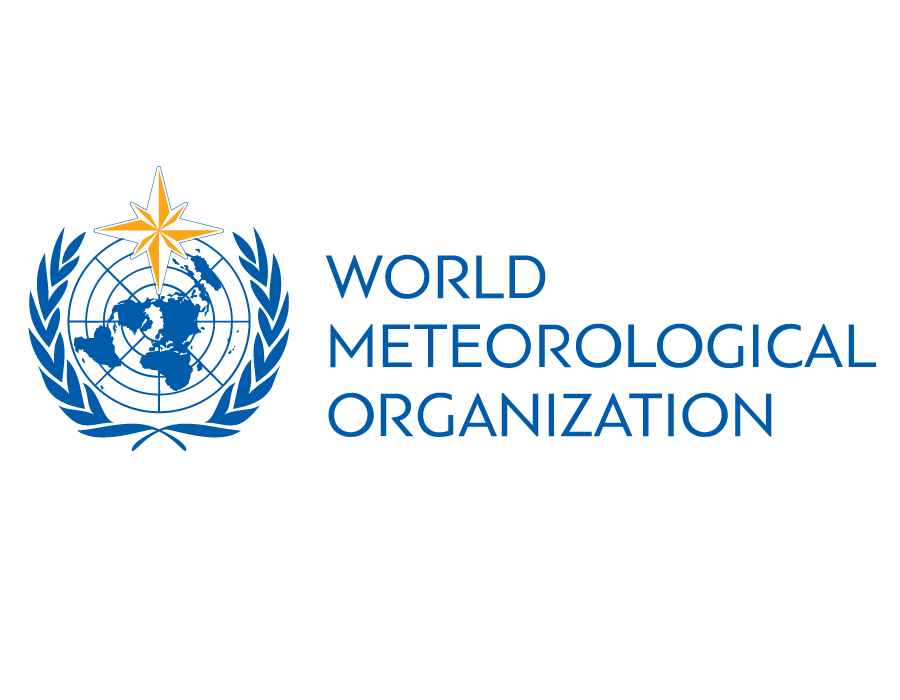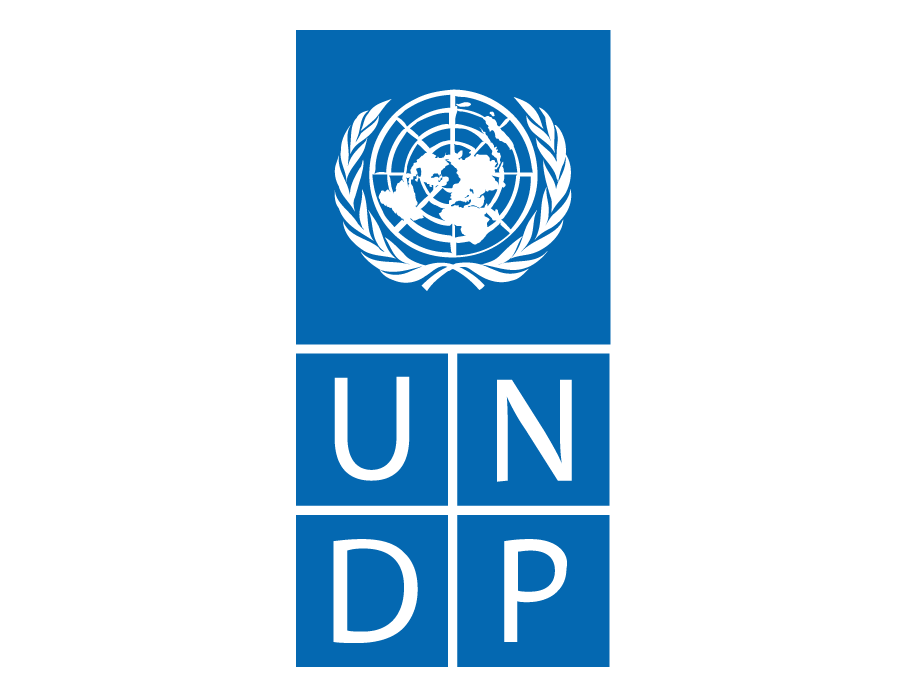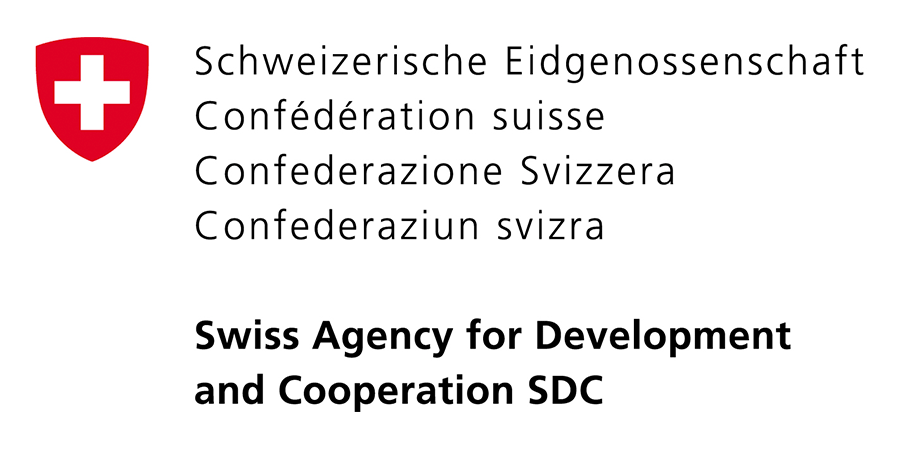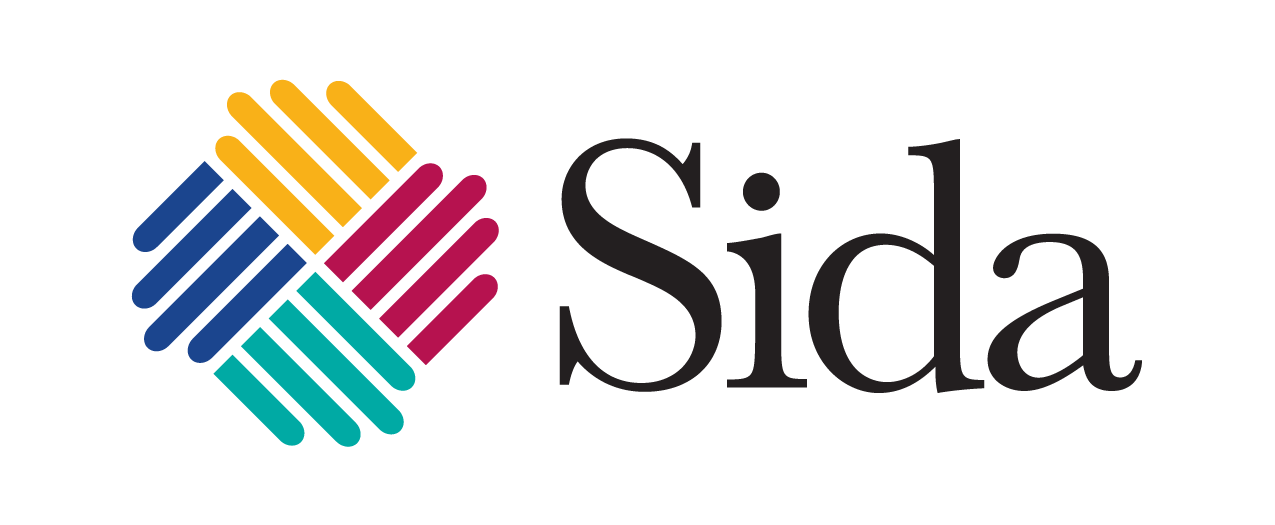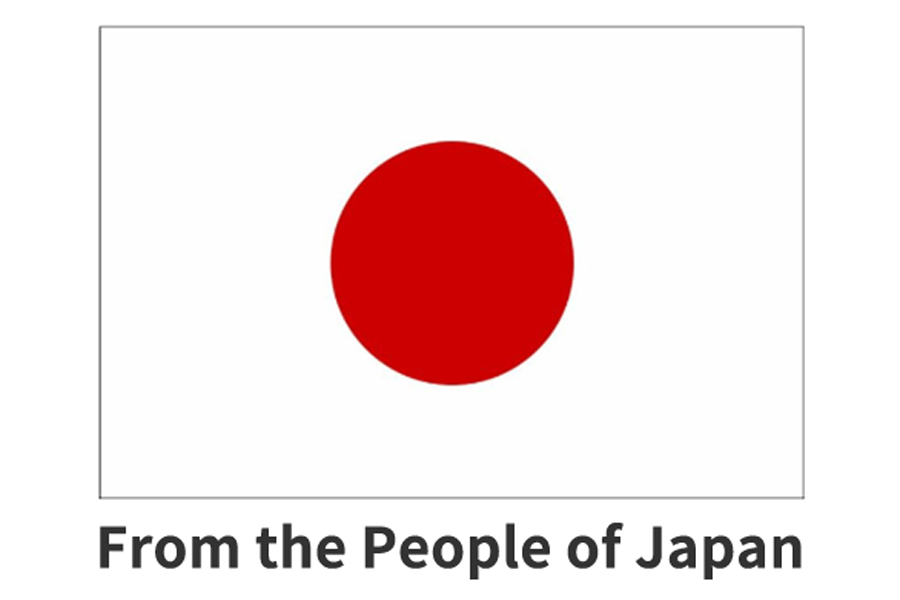What is the WRD Knowledge Hub?
The Women’s Resilience to Disasters Knowledge Hub is a central element of UN Women’s Gender Equality Accelerator – the Women’s Resilience to Disasters Programme.
It is a "one-stop shop" for all gender-related disaster and climate resilience knowledge, bringing together a community of practitioners who support women and girls affected by disasters, climate change, and other threats such as COVID-19. It aims to bridge the gaps between gender equality, social inclusion, disaster risk reduction, climate change adaptation, and resilience by:
- Sharing evidence on the gender and intersectional dimensions of disaster and climate risks;
- Sharing women’s perspectives, experiences, and good practices; and
- Providing consolidated access to data, research, resources, tools, and expertise.
Who is the WRD Knowledge Hub for?
The WRD Knowledge Hub has been developed for policy-makers, practitioners, and activists worldwide working on disaster risk reduction, climate change adaptation, gender, social inclusion and resilience. It also provides useful material to all those interested in learning more about gender-responsive disaster prevention, mitigation, preparedness, response, recovery, and risk informed development.
Why a WRD Knowledge Hub?
Disasters are not uniformly felt by everyone. Structural gender inequalities, such as discriminatory laws and policies or disproportionate access to assets and resources, tend to worsen the impacts of disasters and climate change on women and girls, leading to a vicious circle: these inequalities put women and girls in positions of greater harm, while preventing them from accessing the resources or services that might be needed to build adaptive capacity and resilience to such risks and impacts. Although the leadership of women and women’s organizations has been proven to be crucial for more effective and sustainable resilience-building through their essential knowledge, skills, resources, and experiences, they continue to be missing in disaster and climate risk governance.
Disasters exacerbate many of the gender inequalities that exist in societies.
The WRD Knowledge Hub aims to champion women’s agency, leadership, and participation in disaster risk reduction and resilience building and support efforts to advocate for systems-wide change tackling the underlying drivers of risk, including gender inequality and discrimination, by targeting the following:
Critical gaps in the evidence base.
A recent UN Women and UNICEF study, Gender and age inequality of disaster risk, found significant gaps in the availability, quality, comparability, and relevance of quantitative and qualitative data disaggregated by sex, age, and disability. This represents a significant barrier to understanding and analysing the granularity between groups and their differential risk impacts to inform decision making. The WRD team is supporting research and capacity development to fill these gaps in the knowledge and evidence base across the WRD Thematic Framework.
Gaps in knowledge management, access, and uptake of tools on the gender dimensions of risk.
Until now, existing information has been spread among different custodian agencies, projects and platforms limiting opportunities for peer learning, and sharing stories, women’s voices, good practices, lessons, and tools across regions to support replication and upscaling. The WRD Knowledge Hub centralises knowledge, expertise, and increases access to tools on women’s resilience to disasters.
Governance and systems-levels gaps.
Building an enabling environment for gender-responsive decision making and action requires several "enablers of change." The WRD Knowledge Hub shares the latest research and tools for building the enabling governance environment for inclusive and gender-responsive resilience.
Acceleration of gender-responsive and transformative action.
Implementation of action plans and delivery of commitments to gender equality and social inclusion remains an important gap. If disaster and climate risk reduction and resilience are not gender-responsive and do not include and empower women, the impacts of disasters and threats will compound and aggravate existing gender inequalities.
The WRD Knowledge Hub supports transformative action for women’s resilience to disasters.
